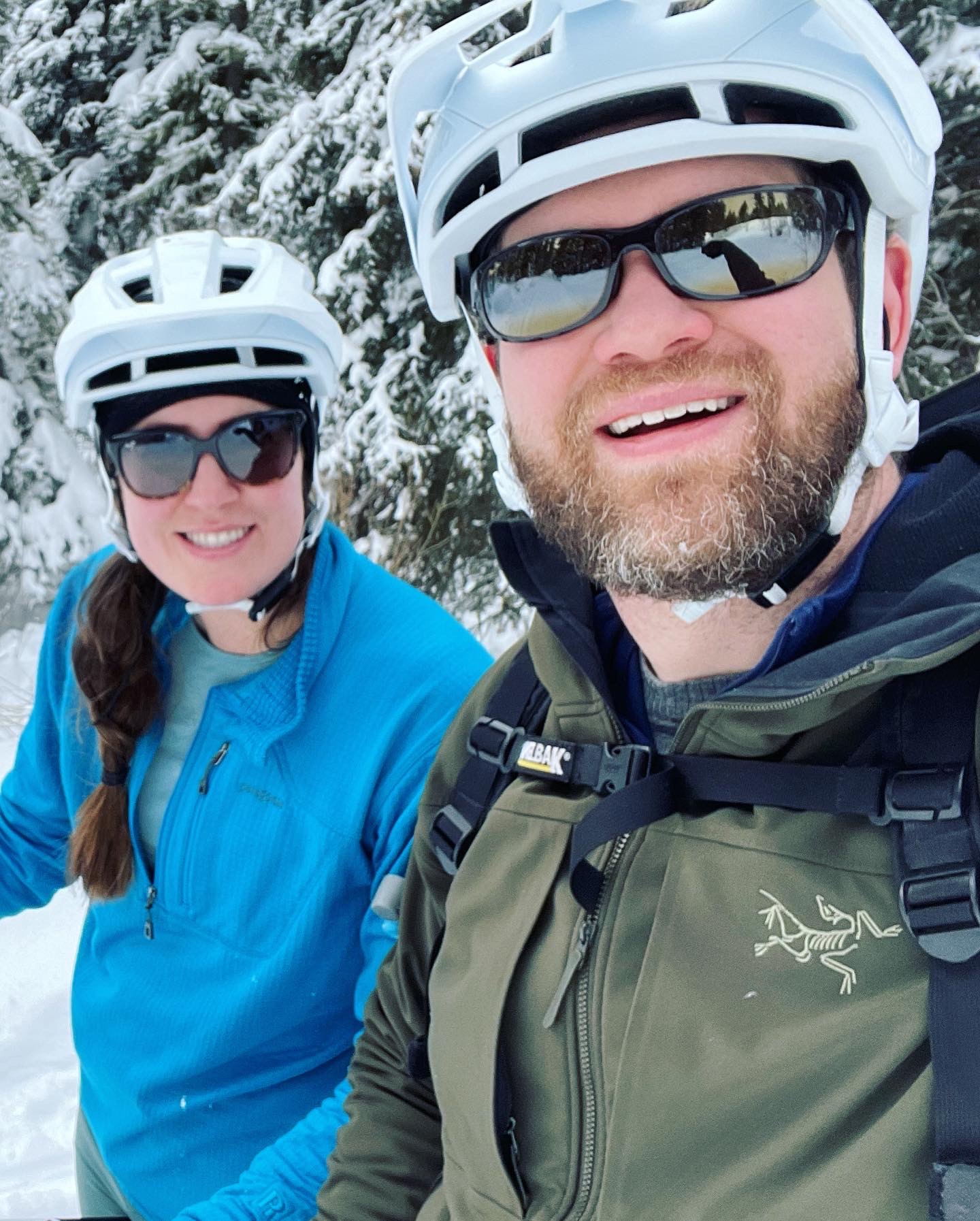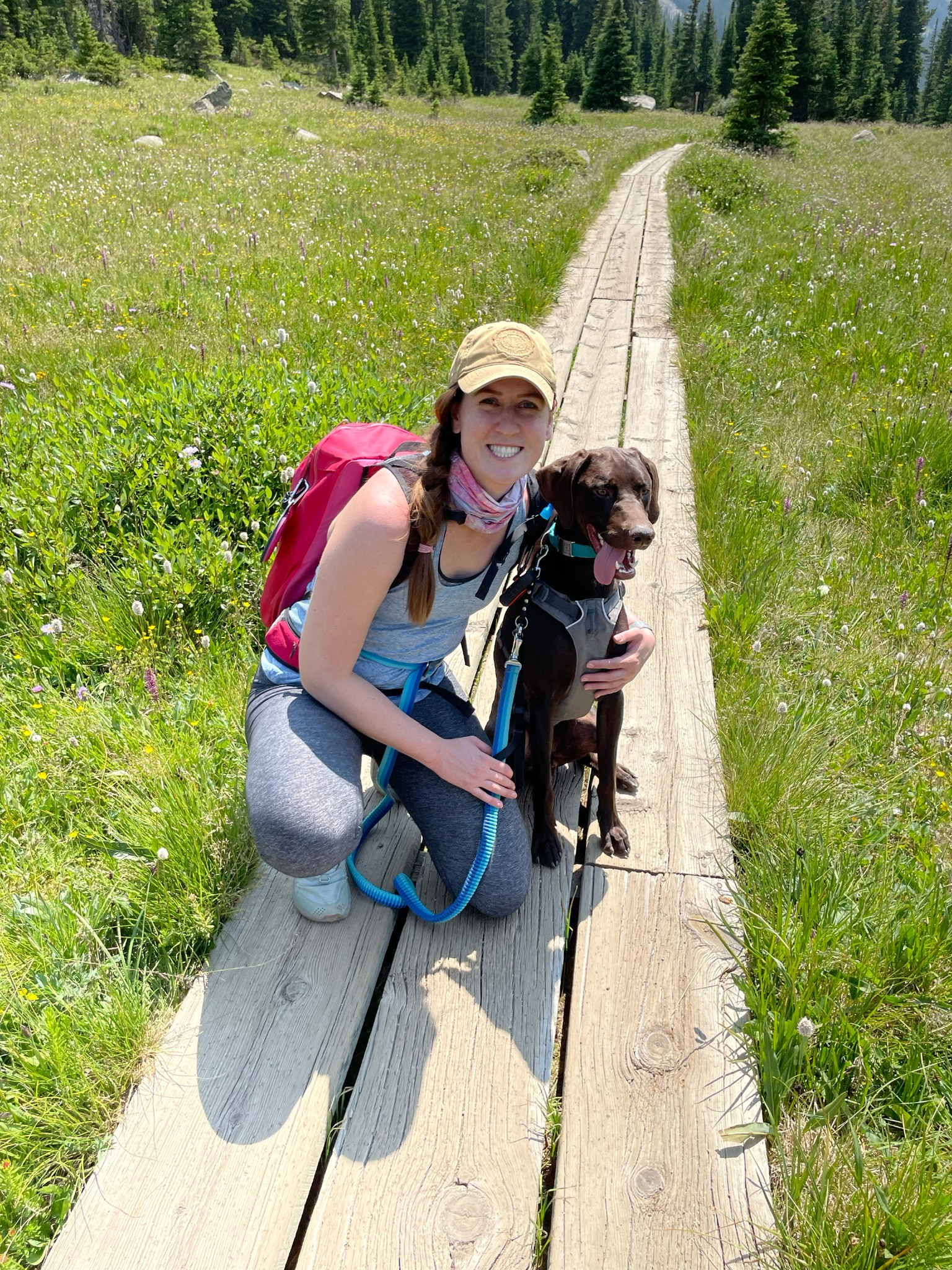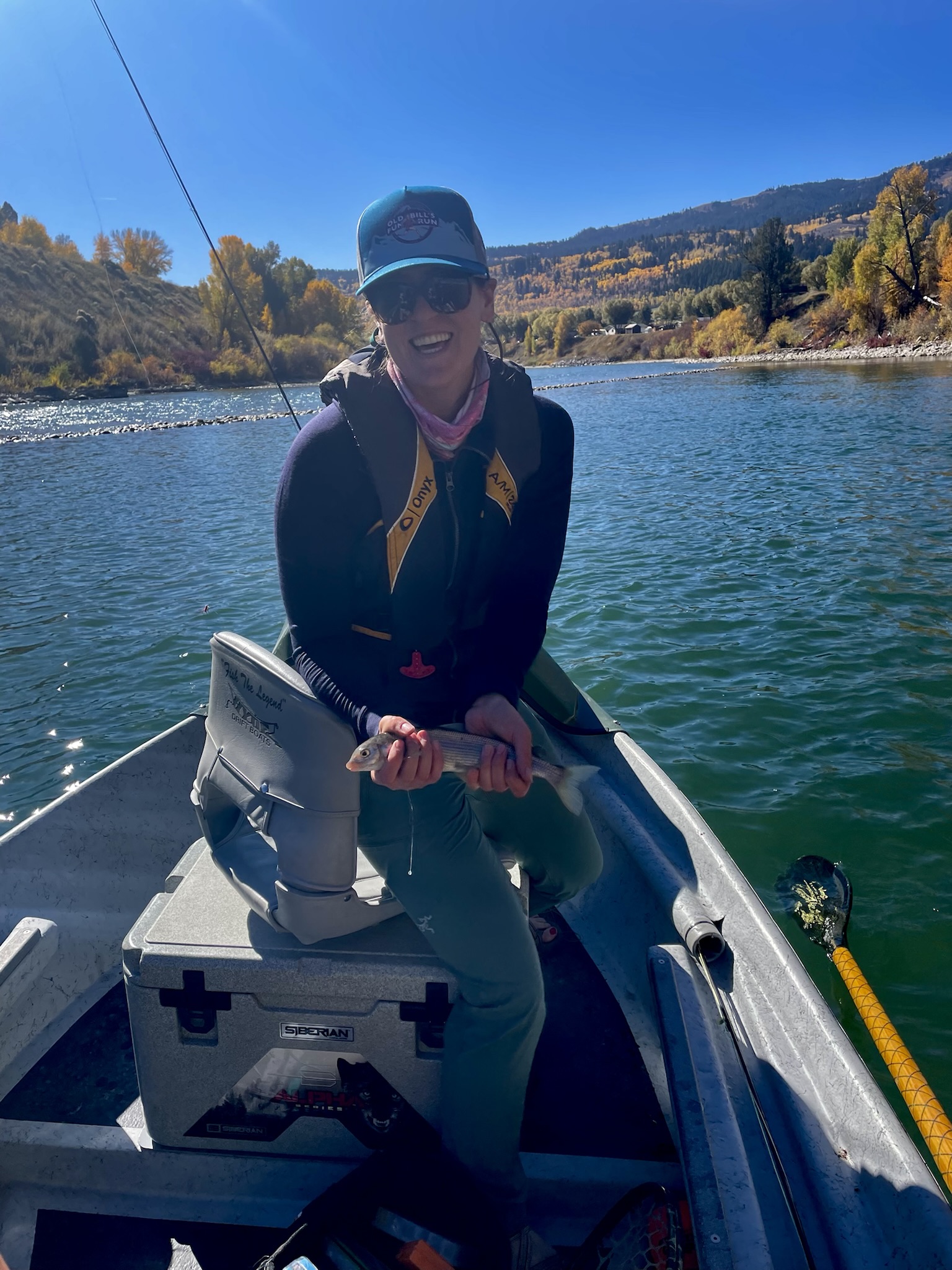Desire to stand up for the ‘little guy’ inspires work of Colorado attorney
Articles
Spotlight
View more from News & Articles or Primerus Weekly
By Brian Cox
In her mid-20s, Kylie Schmidt asked herself hard questions: Who am I? What am I all about? What kind of person am I?
Her reflective search for the answers to those probing questions led her along a winding path during college, where she considered becoming a neuroscientist, a chemist, a nurse, or a journalist, before discovering her calling as a plaintiff’s attorney.
“I think I had a lot of growing up to do and figuring out who I was before I was able to establish my values and my principles, who I am, and what I want to do with my life, and how I’m going to align my career with those values,” says Schmidt of her time at Texas Christian University (TCU) in Fort Worth.
Though born in Texas, Schmidt spent the majority of her childhood in the Denver metropolitan area where she came to love the outdoors and to engage her passion for horseback riding. Throughout her teen-age years, she competed locally and regionally in “reining,” a western-style of riding where a rider guides the horse through a precise pattern of circles, spins, and stops. It was partly with the intent of joining the Division 1 school’s equestrian team as a walk-on that Schmidt chose to attend TCU.
As it transpired, she never tried out for the Horned Frogs equestrian team. Instead, during her last semester at TCU, she did have the opportunity to intern for a Tarrant County judge who was promoting a diversion program for drug and alcohol offenses. In addition to influencing some of Schmidt’s views on incarceration, the internship afforded her the opportunity to see the inner workings of the legal system and to talk with law students about their experiences. The internship cemented in her mind a decision to pursue a law degree.
She returned to Colorado and spent a year as a nanny as she prepared to enter the University of Denver Sturm College of Law, where, as it so happened, there was someone waiting to welcome her.
Schmidt’s grandfather also had attended the law school, and his composite photo hung in a hallway she traveled when going to and from classes every day. He died while Schmidt was a freshman in college, so she never had a chance to talk with him about being a lawyer, but his presence in the law school provided her inspiration all the same.
“When I was exhausted, going to classes at night, that was motivating somewhat,” says Schmidt, who would think, “If he could do it when he had a family and people to take care of, I’m pretty sure I can make it through class tonight.”

The days were long and demanding. She worked during the day and took classes at night. She cobbled together a series of small legal jobs, including working for a lobbyist, doing administrative work at a local law firm, and helping with research for the Institute for the Advancement of the American Legal System. Eventually, she found a full-time job as a law clerk at a plaintiff’s medical malpractice firm. The job prepared her for life after law school.
As a law clerk, she had the opportunity to run exhibits for long complex medical malpractice trials before she was ever sworn in as a lawyer. By the time she finished law school, she had already spent considerable hours sitting in a courtroom on several different trials, watching cases go from jury selection through verdict.
“That was just invigorating to me,” says Schmidt. “I loved it. I loved every second of it and didn’t want to do anything else.”
Schmidt stayed on at the firm for three years after graduating, developing her practice around personal injury, employment, and medical malpractice cases.
“Me standing up for the little guy and calling people out and getting to the truth is really the core of why I love my work,” says Schmidt. “And whether that be race discrimination, sex discrimination, or bad actors injuring every day citizens in our community, those values permeate all the different practice areas I work in.”
Now an associate with Ogborn Mihm LLP in Denver, Schmidt acts as a voice for people who have suffered serious personal injuries or injustices.
“I view what’s happened to the people I work with from the lens of what can be done to right this wrong or to help this person,” she says. “A lot of my work is understanding people’s lives. Understanding how their lives have been upended at the hands of others and how that’s affected them – their marriages, their relationships, their work and how they navigate life.”
Schmidt has spent considerable time reflecting on her strengths and how she can use them to better the lives of the people she works with in her practice. As she has gained experience and confidence in her skills, she has recognized and embraced the important role vulnerability plays in gaining the trust of both the client and jury.
“I’ve realized you can’t always wear the lawyer hat,” Schmidt says. “You have to wear the human being hat. That’s where the magic happens, when you’re working with people every day.”
She says her gift of caring and communicating clearly with clients provides them with the support, confidence, and reassurance needed during a devastating time in their lives.
“Maybe it’s being a trial lawyer and understanding the importance of vulnerability in connecting with people,” she says. “It’s so critical. You can’t get your injured clients to believe you if you don’t open up. You can’t get a jury to trust you without being open.”
Schmidt and her husband, B.J., who married in 2018, moved from Denver to Jackson, Wyoming last July in order to have greater access to outdoor activities.
“We love being close to access to the outdoors and that’s really tough in a city,” says Schmidt. “Anytime you try to go and leave, it’s a real big barrier to entry.”

B.J., who grew up in the valley that is home to the world-famous Jackson Hole ski resort, is starting to take over the family’s custom picture frame business and now the young couple can go mountain biking, hiking, fly fishing, downhill skiing and cross-country skiing almost whenever they want.

Schmidt describes Jackson, a ski town of a little over 10,000 people in northwestern Wyoming, as “one of the most beautiful places in the world to be,” with mountains and rivers and wide-open country.
“Everything I could ever want is right outside my front door,” she says. “The garage is getting smaller as my interests get wider.”
Her move to Jackson was possible because of Ogborn Mihm’s incorporation of remote work into its operation.
“Some of what we’ve done that makes it really easy to bridge the gap is the firm has fully embraced technology,” says Schmidt. “Anytime we have a meeting – there is not an expectation that everyone be in the office.”
Schmidt says that people who are traveling, working from home, or are in the office can join in on meetings using Microsoft Teams. It doesn’t matter where anyone is physically located.
According to Schmidt, Colorado judges are typically amenable to remote appearances for such things as case management conferences and discovery dispute hearings, and for the most part, lawyers can do 95 percent of any pretrial work without having to step into a courtroom.
She does make a concerted effort to return to Denver to spend a week in the office about once a month, tailoring her trips around critical hearings, trials, and other preparation that is a little bit easier to do in person.
Schmidt joined Ogborn Mihm because she was looking to find a good long-term fit. She found the culture at the firm to be affable and respectful of everyone’s individualism and values.
“It’s not as common that you find a firm that has a long-term plan and a good age range of equity partners that you could see yourself joining forces with down the road,” says Schmidt. “There’s also this common thread of wanting to do right by the ordinary people that exist in our world and fight for them when often times they’re harmed by corporate interests. There has to be some kind of values match for people to band together and take on these battles, especially when there is a lot of risk involved when we’re working on a contingency basis.”
In the next few years Schmidt is looking to expand her practice into cases involving whistleblower and qui tam work, as well as legal malpractice.
When Schmidt first came on board at the firm in the fall of 2021, its co-founder, Michael Mihm, suggested she get involved with Primerus. She took his advice and attended the Primerus Global Conference in Leesburg, Virginia, that October. She has since “jumped in,” participating in Zoom meetings organized by the Primerus Women Lawyers Section, submitting an article to the Young Lawyers Section’s publication, “Stare Decisis,” and making it to Los Angeles for the Western Regional Conference.
“I’ve found it’s a bunch of extremely hard-working intelligent folks that care about fostering the future of our small to midsize firms that we have across the world,” says Schmidt.
She says Primerus is a “great way to find other people who are not your competition locally” with whom you can speak candidly about challenges law firms face concerning marketing, recruitment, lawyer retention, and succession planning.
“I think we’ve all found ways to share things that are helping us make our firms better,” she says.
